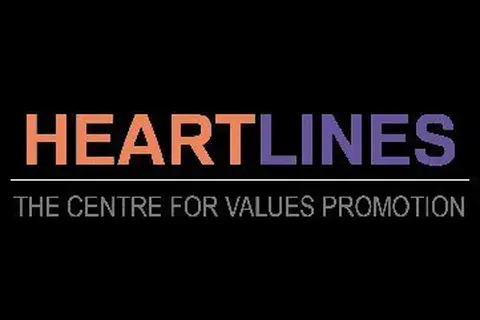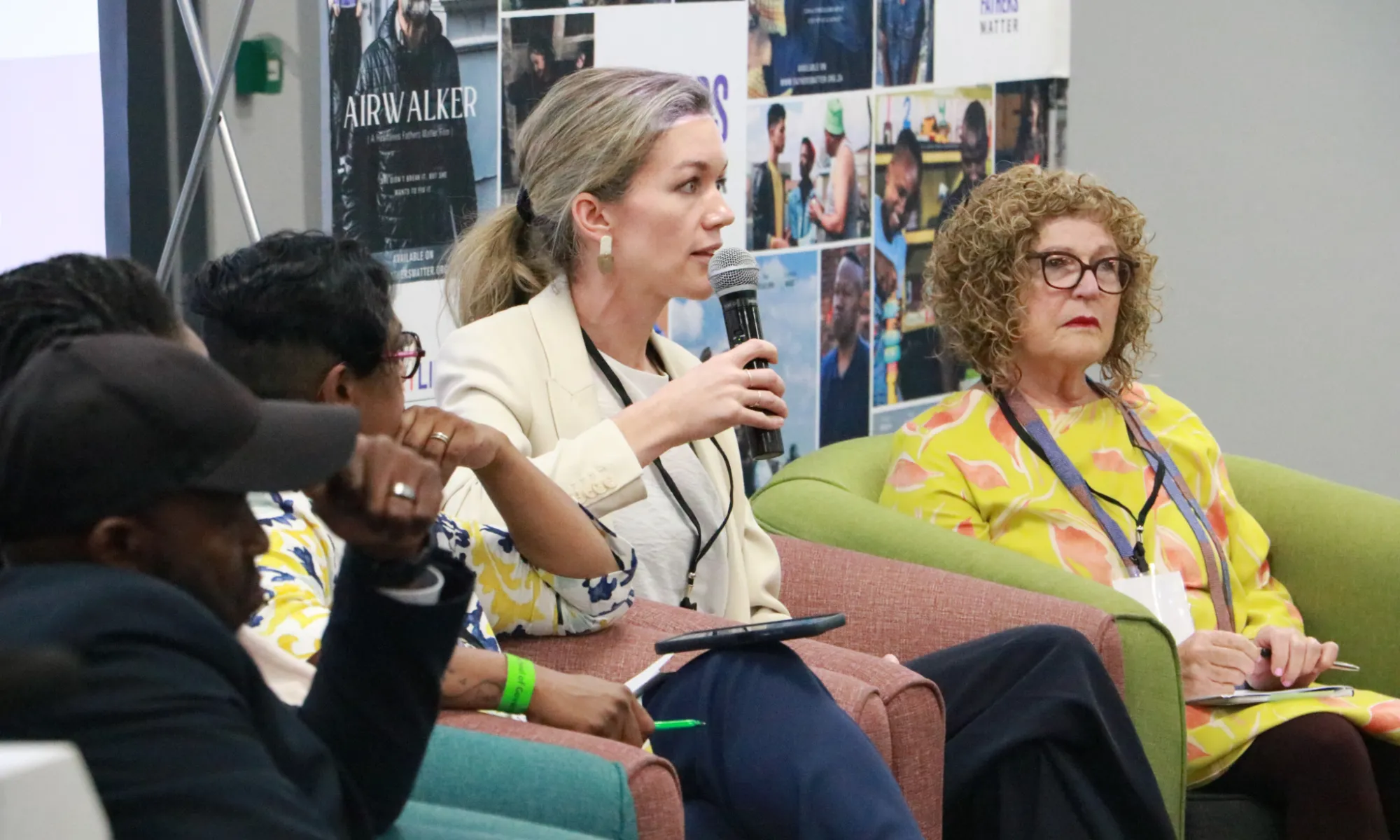Positive interventions for fathers
Fathers Matter , Webinar“The assumption is that many men are not involved in fathering but research has shown that four out of five men are actually biological or social fathers,” said panellist Suleiman Henry from Sonke Gender Justice. The key, he said, was to make these men conscious of their influence.
The final webinar in a four-part series considering key issues around men, masculinities and fatherhood was hosted by Heartlines, the Centre for Values Promotion, on 9 September 2020. The series was presented in partnership with the DSI-NRF Centre of Human Excellence and the National Research Foundation, and funded by the Oak Foundation.
While there are many assumptions regarding absent fathers, Henry pointed out that many fathers who did not live with their children were still very supportive. Similarly, panellist Percy Ntsoane from the Department of Social Affairs observed that while fathers expressed the desire to be involved in the upbringing of their child, provision of social welfare services for men needed to accommodate this.
In discussing interventions, panellist Tawanda Makusha from the Human Resources Council South Africa emphasised that context was crucial and factors such as socio-economic status needed to be taken into account. Job-seeking fathers may need a stipend or incentive of some sort to encourage attendance at workshops aimed to equip them with parenting skills, Makusha added. To illustrate this, Henry mentioned that one of their most effective incentives for participation in a fatherhood intervention programme was the provision of a meal that fathers could take home to prepare for their families. “It’s important that basic needs are supported by our interventions,” he concluded.
Conversation in community
In talking about fatherhood, children’s voices tend to be overlooked, said Ntsoane. “We are also missing the key voice of mothers in the conversation,” added Henry. Their participation was important as they enforce social norms, he said. The biggest concern for Makusha is that those may need it most, may not wish to be involved. “We’re not reaching fathers who we actually need to reach. An intervention is designed to change behaviour,” stressed Makusha.
Henry also mentioned that economic influencers played a role as many fathers and father figures spent time at work and commuting, which could otherwise be spent with family. He commended companies that had embraced “work from home” policies, as this gave fathers more opportunity to be present with their family.
“When men gather and realise they’re all experiencing the same thing, there’s an 'ah-ha' moment,” said Henry in encouraging fatherhood and parenting programmes to have a participative focus. He also mentioned the need to overcome negative inter-generational practices around fatherhood, which also speaks to the broader need to change familial and societal perceptions. Makusha echoed this: "People should not applaud me for spending time with my daughter. I don't need a trophy for doing this.”
How churches and community leaders can get involved
While the webinar series on fatherhood in South Africa has ended, Heartlines will be releasing short films focusing on the role of fathers and father figures, said Fathers Matter Programme Manager Pamela Kgare. These provide a helpful way to get the dialogue started on fathers and related issues.
On a practical level, church and community leaders can build a culture of positively reinforcing fathers and father figures who are involved in the lives of children, and support them. If your church has a focus on prayer, a change of heart for absent fathers is something you may want to consider praying into. Where you have programmes for fathers, consider if there are obstacles such as transport costs and loss of job-seeking time which may preclude men from attending.
If you would like to take active steps in promoting positive fatherhood interventions, we suggest the following:
- Start the conversation on active fatherhood. Sharing the “Learning to be an active father” video on your social media platforms may be a helpful way to get things going.
- Create connections. Fathers may feel daunted at the prospect of fatherhood and you could encourage fathers in your circles to share their experiences and encourage each other. In some cases, it may be as simple as starting a Whatsapp group.
- Equip yourself with resources that will help you facilitate meaningful engagement that leads to change. Visit Heartlines’ Fathers Matter website and sign up.
Featured






